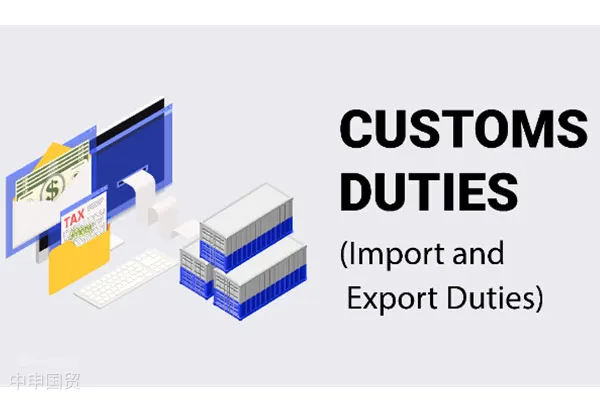- Shanghai Zhongshen International Trade Co., Ltd. - Two decades of trade agency expertise.
- Service Hotline: 139 1787 2118
In theforeign tradeIn international trade, understanding and complying with the tax regulations of the destination country is crucial, especially for countries like Japan with its unique import tariff system and domestic consumption tax reduction/refund mechanisms. This article provides a comprehensive guide on navigating Japans import tariffs and consumption tax.
I. Japans Import Tariff Policy
Japans import tariffs are calculated based on CIF value (Cost, Insurance, and Freight). This means all goods imported to Japan require tariff and other tax calculations based on their CIF value, including consumption tax.
Basis for tariff calculation:
(1) CIF Value:Includes product cost, insurance, and freight.
(2) HS Code:Determines tariff rates according to the Harmonized System classification by the Customs Cooperation Council.
(3) Tariff Rates:Ranging from 0% to 30%, with an average rate of 4.49%. Specific rates depend on the products HS code.
(4) Special Calculation Methods:For certain goods, tariffs may be levied as fixed amounts or per unit weight.

II. Tax Reduction and Exemption Policies
Japan offers tax reduction and exemption opportunities under specific circumstances, particularly when goods are damaged or deteriorate during import.
Specific policies include:
Tax reduction for deteriorated/damaged goods:
If imported goods deteriorate or get damaged before declaration, tax reduction can be applied for during declaration. For goods already declared but not yet cleared, damage caused by force majeure may also qualify for tax reduction.
Tax reduction/exemption for non-deteriorated goods:
Based on policy considerations, Japan implements temporary or permanent tax reduction/exemption for certain goods, such as machinery beneficial for domestic equipment modernization.
Tax reduction/exemption procedures:
Importers must clearly indicate reduction/exemption items in the import declaration and submit corresponding requests.
III. Import Tariff Refund System
Japan allows tariff refunds for goods damaged/deteriorated due to force majeure. After disasters, importers must submit damage reports to customs for tariff refunds.
IV. Imposition and Exemption of Domestic Consumption Tax
Besides tariffs, certain imported goods require domestic consumption tax. If goods are exempt from tariffs, corresponding consumption tax will also be exempted.
(1) Consumption Tax Collection:Goods subject to both customs duties and consumption taxes upon import, such as alcoholic beverages and sugar products.
(2) Tax Exemptions:Goods exempt from import duties for various reasons are also exempt from domestic consumption taxes.
By gaining a thorough understanding of these tariff and tax policies, enterprises can better plan their export strategies for the Japanese market, optimize costs, and avoid additional expenses arising from unfamiliarity with regulations. When handling specific matters, it is advisable to collaborate with experienced customs brokers or trade consultants to ensure all procedures comply with Japanese laws and regulations.
Related Recommendations
? 2025. All Rights Reserved. Shanghai ICP No. 2023007705-2  PSB Record: Shanghai No.31011502009912
PSB Record: Shanghai No.31011502009912









